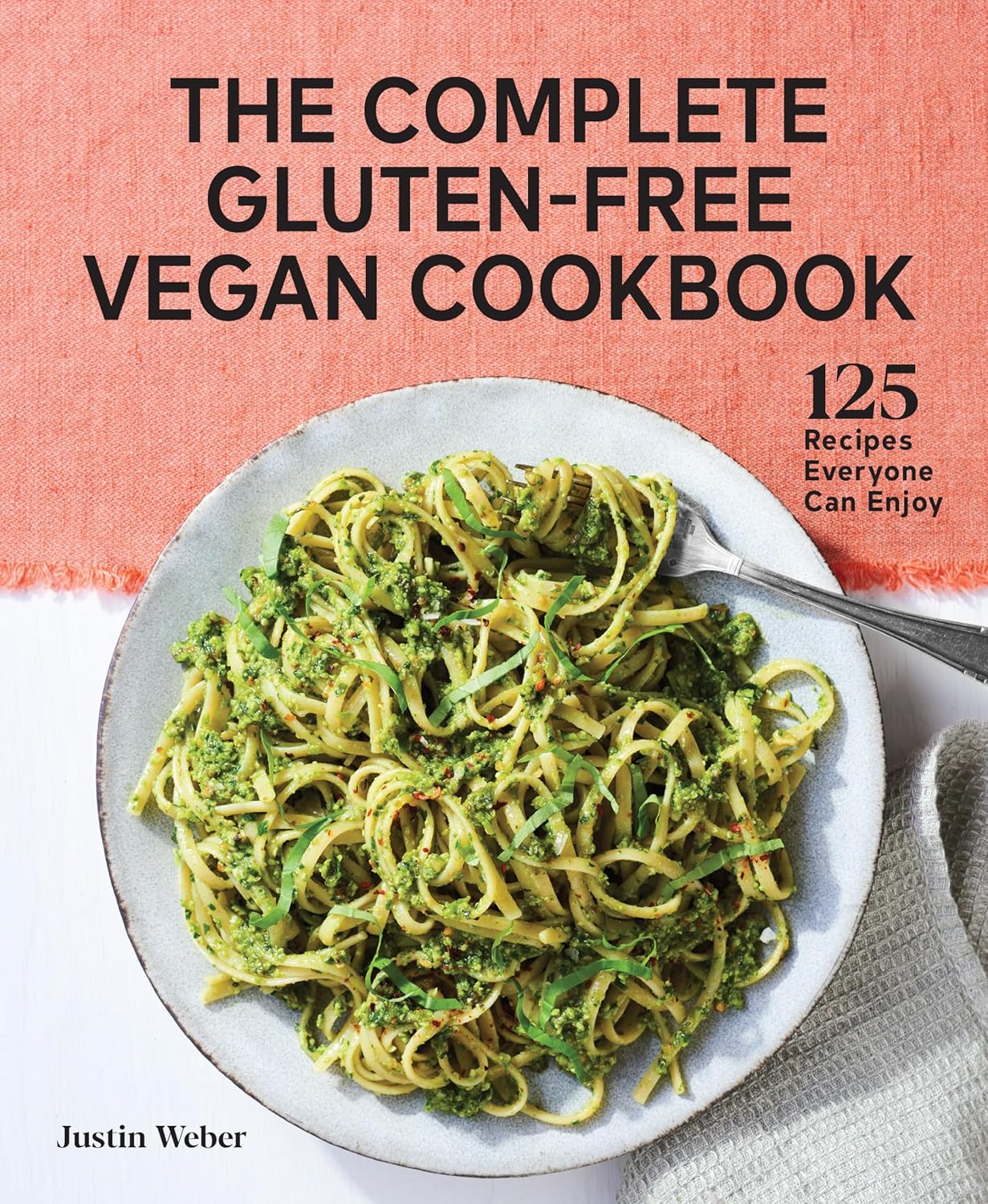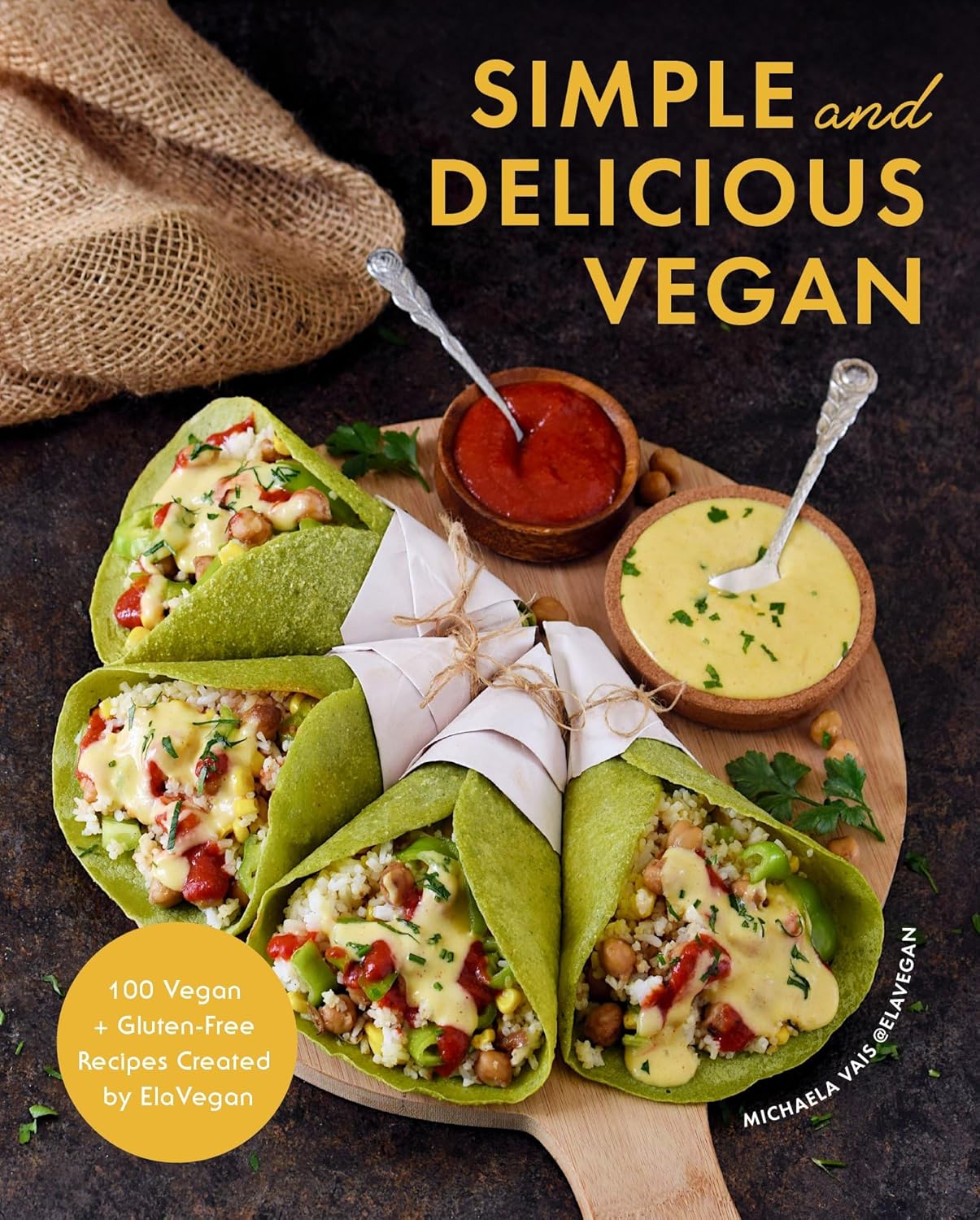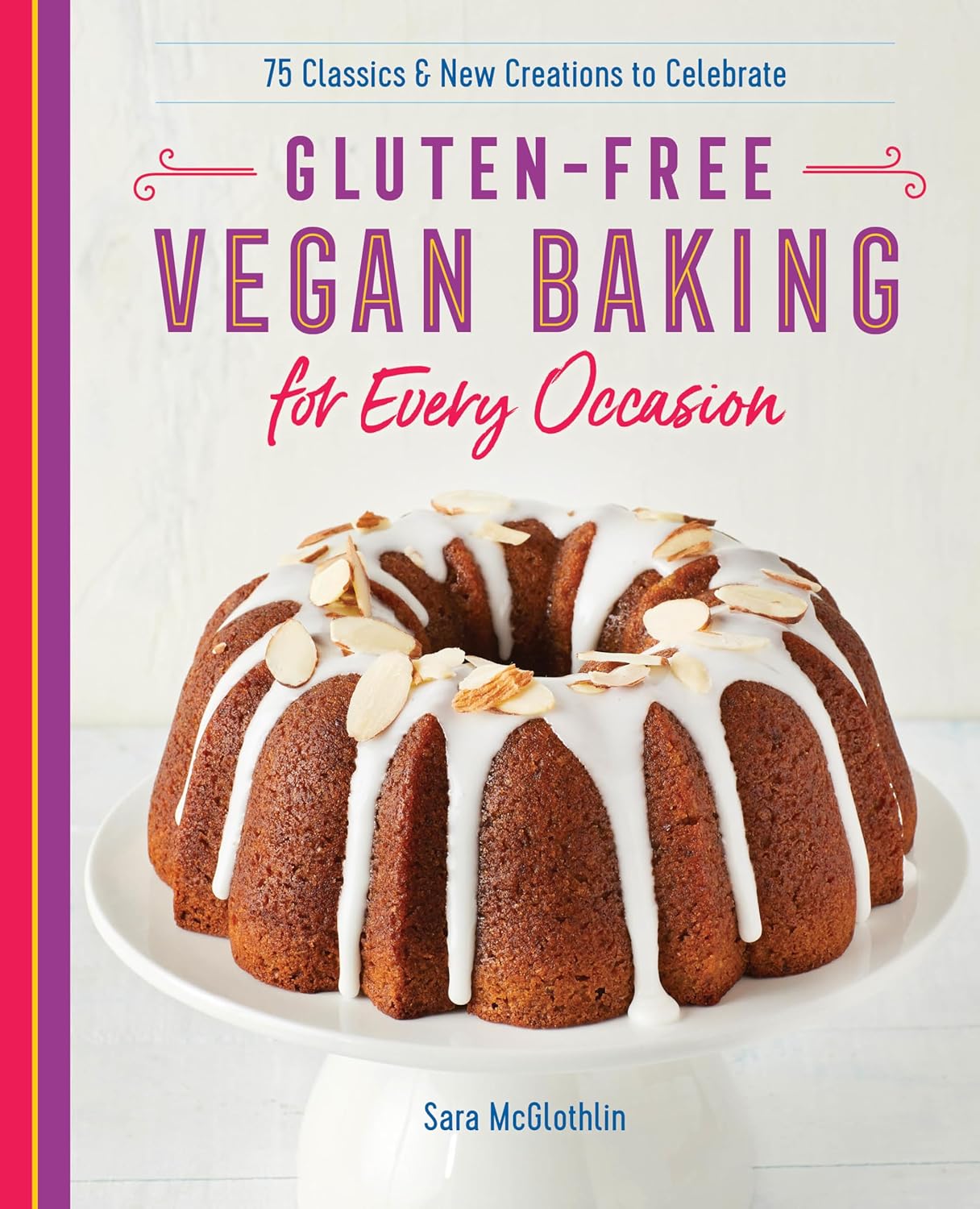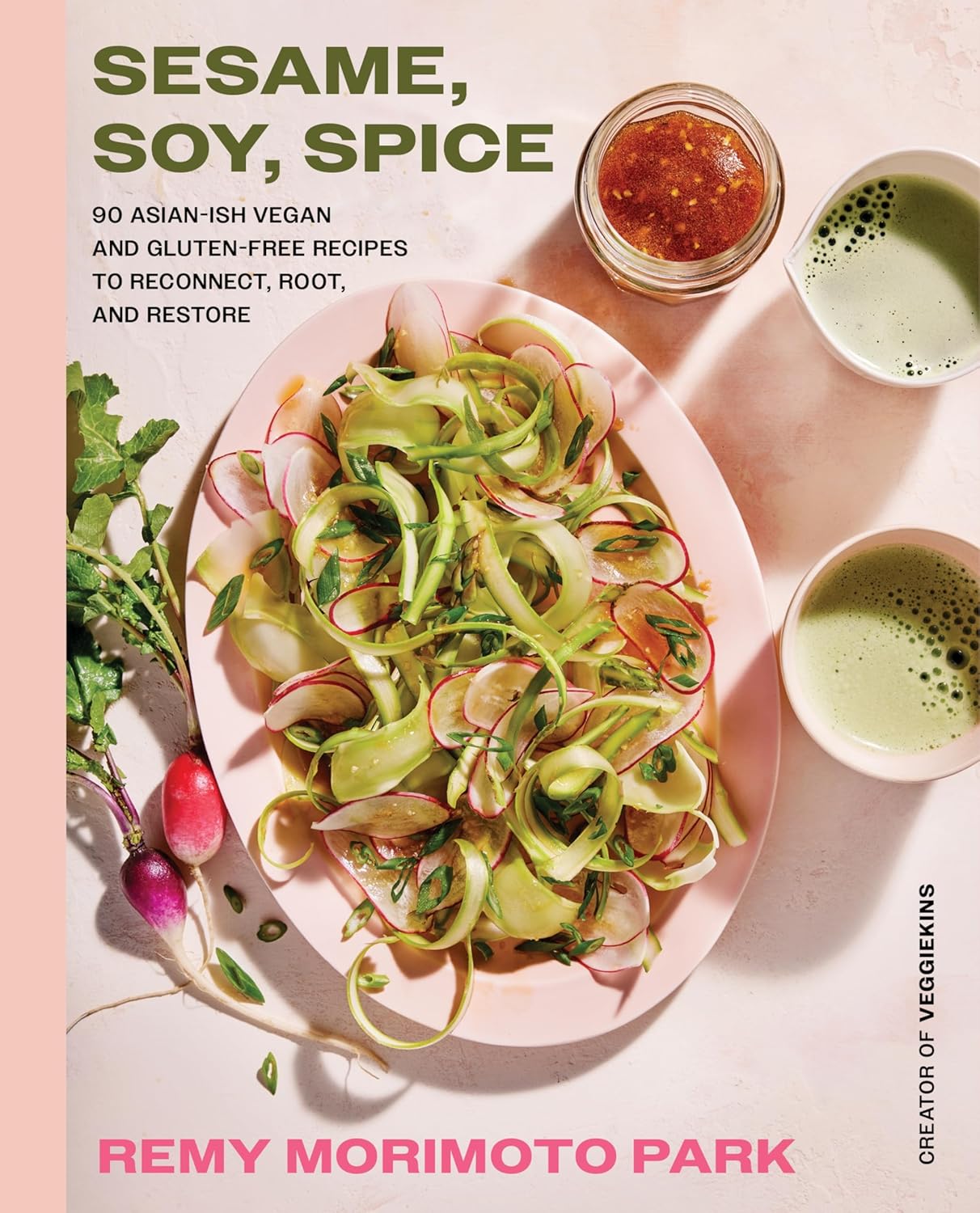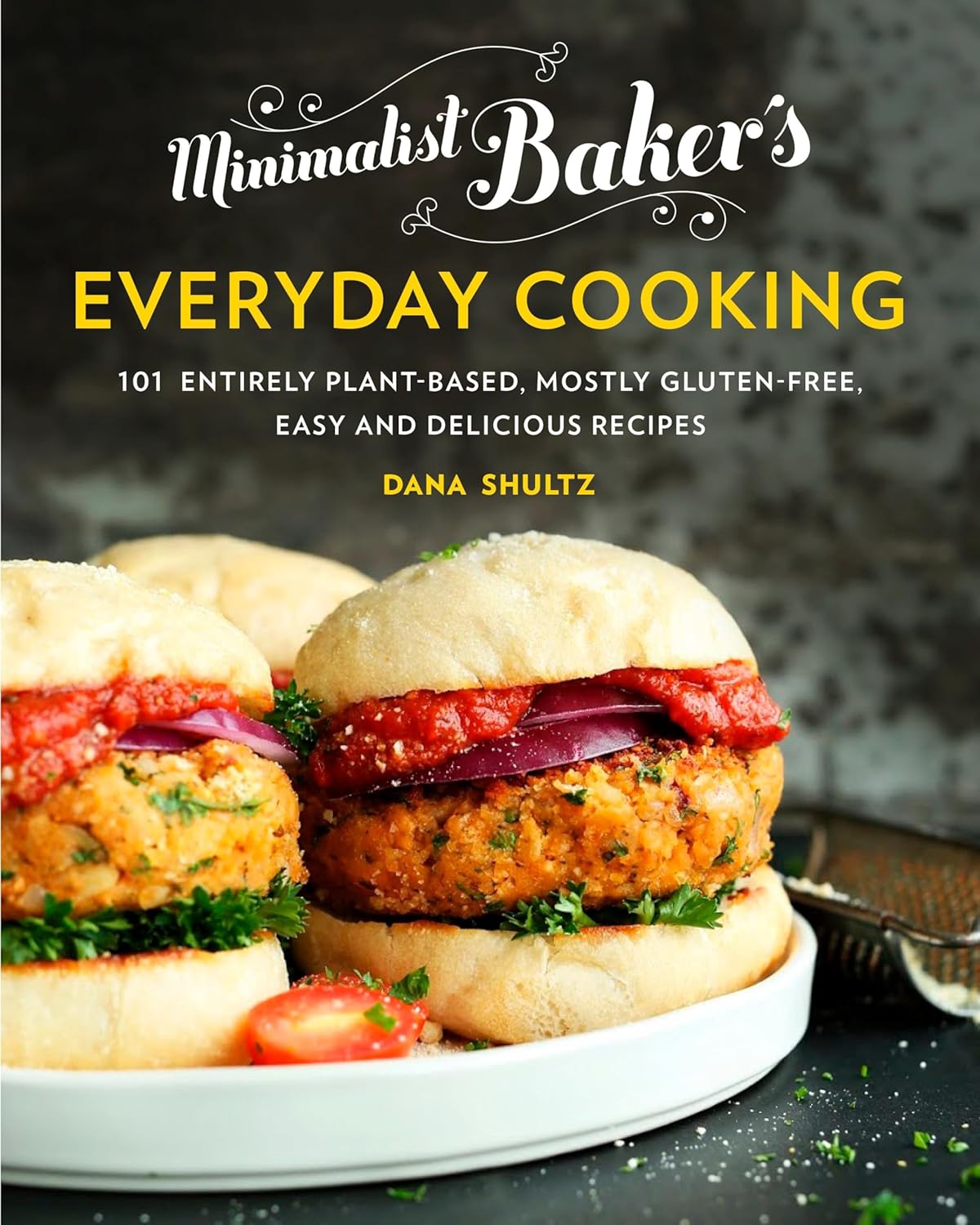First impressions
Presented in the iconic 350g jar, now with a plant-based twist, Nutella Plant-Based is hard to miss on the supermarket shelf.
The jar has received an ‘eco-friendly’ makeover, with a natural brown-coloured printed label and a green plastic lid instead of the brand’s usual white. Even so, there’s no mistaking its striking silhouette.
Inside, the spread is not quite what I expected.
Of course, it’s a thick, chocolate-brown paste, and how could it be anything else?
However, I remember Nutella as a thick, scoopable spread that would hold its shape on a spoon. Meanwhile, this version seems noticeably runnier and stickier.
Once it’s been spread onto warm toast, though, that’s hardly a problem.
Other vegan chocolate spreads may have the edge when it comes to nutrition or price, but only Nutella has cracked that iconic flavour. Photo © Vegan Food & Living
Taste test
I love vegan chocolate spreads, and I’ve tried a lot of them over the years.
Nature’s Store has become my go-to brand, mainly because it’s sold in my local supermarket. Spreads by Vego, Deliciously Ella, Meridian, Jim Jams, and Sweet Freedom have also had their place in my cupboard, along with supermarket versions from M&S and Asda.
Some of these are healthier spreads or thinner, dark chocolate versions, so they cannot be directly compared to Nutella.
Still, I’ve come to think of Nature’s Store and similar brands as the benchmark for a classic Nutella-style spread. But Nutella Plant-Based is something else.
There’s a deeper, nuttier base beneath the rich cocoa flavour, and despite the reduced sugar, it tastes incredibly sweet.
My first taste was eye-opening. Had I really forgotten the flavour of my childhood favourite?
One taste of this brought it all back: the familiar richness, the distinctive sweetness, and that nostalgic little rush of decadence. In that moment, I realised most vegan chocolate hazelnut spreads, delicious though they are, aren’t quite Nutella.
However, the texture was a different story.
Perhaps I’m more sensitive than most, but the stickiness of the new vegan Nutella was not something I could get behind.
Straight from the spoon, it clung to my teeth and the roof of my mouth in a way that felt oddly claggy. I don’t remember the original doing that, and I’ve never had the same issue with Nature’s Store.
However, on toast, especially when spread thinly, the stickiness isn’t as noticeable. And perhaps a deterrent from attacking the jar with a spoon isn’t such a bad thing?
Nutella Plant-Based price comparison
Compared to the original Nutella, the plant-based version isn’t significantly more expensive. For a 350g jar, the original Nutella costs around £3.20, depending on the supermarket. In Sainsbury’s, Nutella Plant-Based comes in at £4 for the same size.
While that may not seem unreasonable, the story changes when you compare it to other vegan Nutella alternatives.
Nutella Plant-Based works out at £1.14 per 100g.
In contrast, Nature’s Store, also available through Sainsbury’s in a 350g jar, comes in at just 71 pence per 100g.
Other brands, including Deliciously Ella, Rhythm 108, Meridian, and supermarket own brands M&S Plant Kitchen and OMV by Asda, range in price from 42.9 pence to £1.98 per 100g.
But how do they compare when it comes to ingredients and nutritional value? Let’s take a look.
Spread on toast, the vegan Nutella is almost indistinguishable from the original. Photo © Vegan Food & Living
Nutritional values in vegan Nutella
Impressively, Ferrero has managed to match the original Nutella almost gram for gram in nutritional value. The only notable difference is a nearly 20 per cent drop in sugar, which is not a bad trade-off.
Clearly, the years of development have paid off, as it’s hard to fault it as a plant-based alternative to the original.
Nutella Plant-Based feels like a true alternative, rather than a compromise. There are no unfamiliar extras or questionable ingredients beyond those found in the non-vegan version.
Just like the original, Nutella Plant-Based contains palm oil, meaning those who prefer to avoid it for ethical reasons will want to give this a miss too.
And while the original Nutella uses just sugar and vanillin for sweetness and flavour, the plant-based version includes powdered rice syrup and unspecified flavourings.
Still, there’s no evidence these ingredients are any more artificial than vanillin itself, which is often a synthetic compound.
The rice syrup, intended to mimic the texture of milk powder, is generally considered safe, though it does have a high glycaemic index.
The new Nutella offers more protein, less sugar, and a richer, nuttier flavour than competitors. But at nearly twice the price, is it worth it? Photo © Vegan Food & Living
How Nutella Plant-Based compares to other vegan alternatives
In general, the more expensive vegan Nutella alternatives tend to include nuts as the main ingredient and avoid added sugars in favour of natural sweeteners.
This makes them a better option nutritionally, but usually comes at the expense of flavour.
They can be delicious in their own right, but if you’re craving that classic, indulgent Nutella experience, they’re not always a match.
Cheaper brands, on the other hand, tend to mimic the original more closely.
Nature’s Store, for example, shares a similar ingredients list: sugar, palm oil, hazelnuts, cocoa powder, sunflower lecithin and natural vanilla flavouring. No rice syrup. No chickpeas.
Nutritionally, Nutella Plant-Based is roughly on par with these cheaper brands when it comes to calories, fat and salt.
However, it does come with less sugar (45.4g per 100g vs Nature’s Store’s 58g) and more protein (6.8g vs 3.8g).
If that matters to you, the extra spend might be justified.
Is Nutella Plant-Based more sustainable?
By skipping dairy, Nutella Plant-Based is inherently more sustainable than its predecessor.
The new Nutella Plant-Based also boasts a jar made from 60% recycled glass, and a lid sourced from recycled plastic using a mass balance approach verified by ISCC, helping support the use of more recycled materials in existing supply chains.
While many would prefer the brand ditch palm oil altogether, both versions of Nutella use RSPO-certified palm oil.
Ferrero says it’s committed to ‘no deforestation’, sourcing palm oil from a segregated, fully traceable supply chain.
That’s a positive step, though it’s worth noting that RSPO certification doesn’t eliminate the issues linked to palm oil entirely.
The verdict
With its classic, nutty flavour and unmistakable sweetness, Nutella Plant-Based is a brilliant product for those who miss the taste of the original.
It’s a testament to how thorough research and development can create a vegan product that not only copies the original recipe but improves upon it.
Of course, when health and nutrition take priority, chocolate spread in any form probably won’t be the first food I reach for.
Even so, knowing that Nutella Plant-Based offers a lower sugar, higher protein alternative that’s just as delicious and only a fraction more costly, I’d be highly likely to opt for this when shopping for a toast topper or ingredient.
However, the stickier, claggy texture is just off-putting enough that I’ll be sticking with smaller, cheaper brands when I fancy a cheeky spoonful.
https://www.veganfoodandliving.com/products/vegan-nutella-plant-based-review-taste-test-price-nutrition-sustainability-compared/

.jpg)


